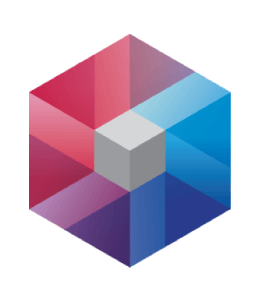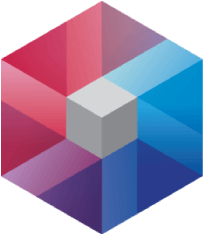
In today’s high-stakes industry and research world, megaprojects — spanning space exploration, advanced defense systems, cutting-edge power plants and complex infrastructure — promise to revolutionize our future. However, hidden design flaws and unforeseen production hurdles can jeopardize gains, causing delays and inflating budgets. By harnessing digital twins and artificial intelligence, we can simulate, predict and optimize these projects in real time, identifying issues before they arise and ensuring smoother execution, reduced risks and controlled costs.
Digital engineering mitigates these risks by leveraging digital twins and AI to create precise, real-time simulations and predictive models. We can use digital twins to mirror physical assets and processes, allowing for continuous monitoring and optimization. AI enhances these models by analyzing vast amounts of data to identify inefficiencies, predict potential issues and suggest improvements. This integrated approach keeps costs in check and projects on schedule, significantly lowering overall program risk.
In this context, the Idaho National Laboratory and its collaborators have developed DICE, the Digital Innovation Center of Excellence. DICE leverages digital twin technology and AI to design next-generation power and energy systems. By integrating digital engineering principles, DICE enables real-time simulation, monitoring and optimization of projects. This initiative fosters collaboration with key industry and government partners, driving innovation and efficiency in energy solutions.
DICE is a collaborative network of like-minded experts dedicated to advancing digital engineering, digital twinning and digital transformation across next-gen projects. DICE focuses on:

Strategic leadership shaping the future of global energy through innovative digital strategies

National recognition establishing itself as a premier center of excellence through groundbreaking research

Community coordination for facilitating the exchange of best practices within the government and industry network

Industry and academic outreach engaging with universities, industry partners and other national labs to foster collaboration

Education enhancement developing advanced training and educational resources on digital engineering, digital twinning, scientific computing and artificial intelligence
Watch this page for details on the third annual national laboratory-led Digital Engineering Conference in the spring of 2025.
Details coming soon!